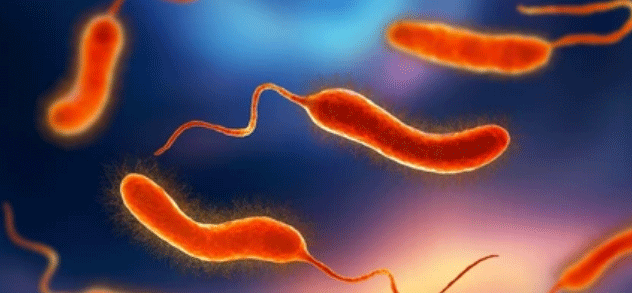Bhubaneswar: Odisha is currently grappling with a concerning and often deadly challenge: the persistent presence of cholera, which has recently escalated into an epidemic in several districts. While seasonal outbreaks of diarrhoeal diseases are a grim reality for many parts of the state, the confirmed presence of Vibrio cholerae and the rising death toll underscore a deeper, endemic issue requiring sustained and comprehensive public health interventions.
Recent reports indicate that districts such as Jajpur, Keonjhar, Cuttack, Kendrapada, Bhadrak, and Dhenkanal are bearing the brunt of this latest surge. Jajpur, in particular, has emerged as the epicentre, reporting a significant number of fatalities and hundreds afflicted with severe diarrhoeal symptoms. A central medical team has confirmed cholera in samples from Jajpur, highlighting the severity of the situation.
Cholera, a water-borne disease, thrives in conditions of inadequate sanitation and contaminated water sources. Odisha’s history of cholera outbreaks, particularly in tribal-dominated southern districts with limited access to safe drinking water and proper sanitation, points to the deeply rooted challenges. However, the current clusters in urban and semi-urban coastal areas signal a broader vulnerability, possibly linked to contaminated locally packaged drinking water and community feasts.
The Immediate Response:
The Odisha government has responded with urgency, putting all 30 districts on alert. Key measures include:
- Intensified Surveillance and Rapid Response: Health teams are on the ground, monitoring the situation, conducting door-to-door surveys, and deploying mobile health units to provide on-the-spot treatment and distribute essential supplies like ORS and zinc tablets.
- Water and Food Safety Measures: Local administrations have ordered the closure of street food vendors, roadside hotels, and meat shops in affected areas. Strict advisories are being issued urging the public to consume only boiled or purified water and avoid roadside food. Disinfection drives of water sources are underway.
- Healthcare Preparedness: Hospitals are being equipped with dedicated wards, sufficient medical supplies, and additional medical specialists and mobile health teams to manage the influx of patients.
- Awareness Campaigns: Extensive public awareness campaigns are being conducted, emphasizing personal hygiene, handwashing, and the importance of seeking immediate medical attention for symptoms like vomiting and diarrhoea.
The Endemic Challenge and Long-Term Solutions:
While immediate containment efforts are crucial, the recurring nature of cholera in Odisha necessitates a sustained, long-term public health strategy to address its endemic status. This includes:
- Ensuring Universal Access to Safe Drinking Water: Investing in robust infrastructure for piped water supply, regular water quality testing, and promoting household water purification methods are paramount.
- Improving Sanitation and Hygiene: Accelerating the “Swachh Bharat Abhiyan” (Clean India Mission) to achieve 100% open-defecation free status and promoting proper waste management are critical to breaking the chain of transmission.
- Strengthening Disease Surveillance: Robust surveillance systems are needed to detect outbreaks early, identify the specific strains of Vibrio cholerae, and track patterns of antibiotic resistance, which has been a concern in past outbreaks.
- Community Engagement and Education: Continuous community-level awareness programs on safe hygiene practices, food handling, and the importance of prompt medical care are essential to empower individuals to protect themselves and their families.
- Multi-sectoral Collaboration: Effective cholera control requires a coordinated effort between health, water and sanitation, and local governance departments, alongside community participation.
The current cholera situation in Odisha is a stark reminder of the ongoing vulnerability to water-borne diseases. While the government’s swift actions are commendable, a comprehensive and sustained approach focusing on improved water, sanitation, and hygiene (WASH) infrastructure, coupled with robust surveillance and community education, will be key to transitioning from crisis management to long-term prevention and ultimately, eradicating cholera as an endemic threat to the health of Odisha’s population.


